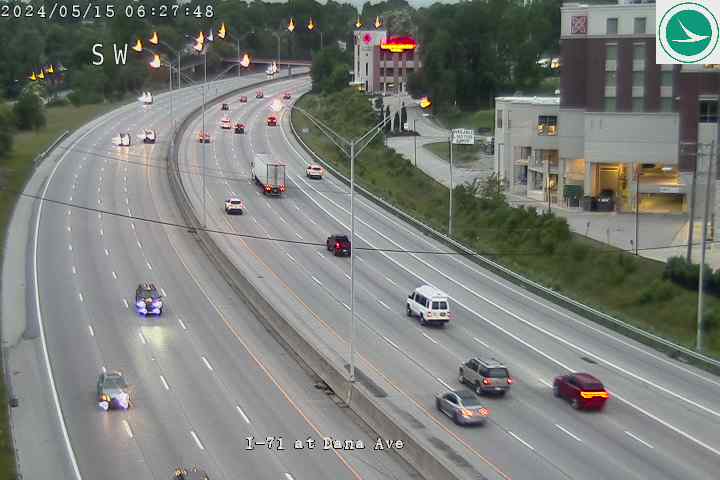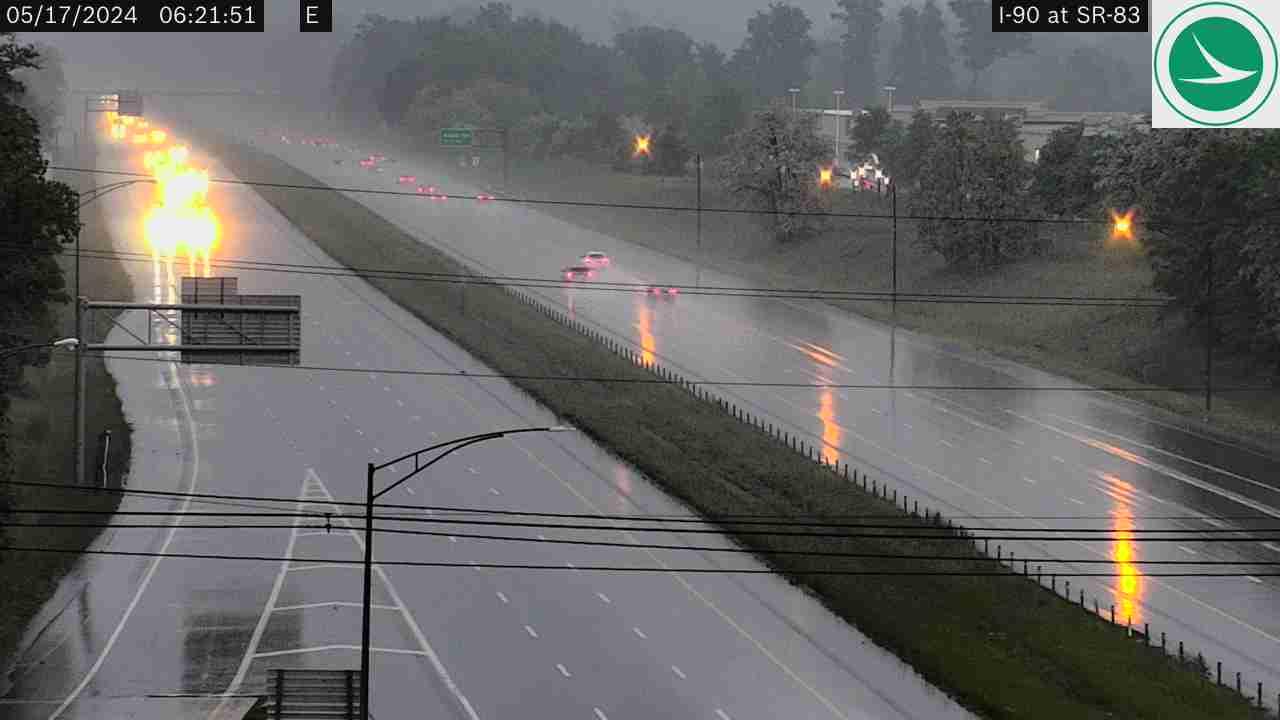

If you believe municipalities were intending to use these cameras to raise revenue, then there’s not much incentive to operate them.” “If you believe these traffic cameras are intended to promote public safety, reduce speeding, reduce accidents on the road, then that's a great incentive for municipalities to operate these cameras. “It’s a net zero effect for them financially,” he explained. Engel told News 5 this ruling changes the landscape for traffic cameras in Ohio going forward. Joshua Engel serves as a civil rights attorney who’s dealt with cases over Ohio’s speed cameras. RELATED: In Depth: Speed cameras raising concerns over due process and public safety revenue News 5 has reported extensively on communities and their controversial use of traffic cameras. “Because of this program that we put in, we now have more officers, more firefighters and can better serve our residents whose resources are taken away by commuters commuting back and forth to Cleveland,” Cicero added in February. In court filings, Newburgh Heights, a village with a population of fewer than 2,000 people, disclosed it collected more than $2.4 million in traffic camera revenue in 2018, with tickets being issued to vehicles traveling at least 12 miles an hour over the speed limit on city streets. “The Supreme Court today affirmed that simple, black-letter rule of law.”
OHIO TRAFFIC CAMERAS HOW TO
“The state constitution gives the legislature, not the cities, the power to decide when and how to spend state money,” Ohio Attorney General Dave Yost said in a statement.

It’s not clear at this point if or when they would be used again. “This is a systemic, indirect attempt by the legislature to dictate the minutia and make it economically unviable or impossible or imprudent to run any traffic camera program,” Michael Cicero, counsel for the village of Newburgh Heights, said during oral arguments for this case on February 9.įollowing the ruling, the mayor of Newburgh Heights released a statement, saying “We are aware of the court’s decision and we will comply with the ruling.”Īdditionally, the village turned off its traffic enforcement cameras shortly thereafter. The ruling comes after the village of Newburgh Heights and the city of East Cleveland sued the state of Ohio, calling the laws unconstitutional. The City of Findlay does not use traffic cameras for enforcement and says tickets can only be issued by police officers.NEWBURGH HEIGHTS, Ohio - The Ohio Supreme Court ruled Wednesday that the General Assembly can reduce a municipality’s state funding by the amount of income generated by its traffic camera program. Some municipalities say the cameras improve traffic safety and help stretch law enforcement resources.Ĭritics argue the cameras are simply aimed at pumping revenue into local budgets while trampling motorists’ rights. Recently, to the southeast of Cincinnati, motorists cited for speeding filed a federal lawsuit against the Ohio river town of New Richmond for using traffic cameras. Legal battles over traffic camera use have been going on across Ohio for years. The City of Dayton is asking a Montgomery County judge to block the law that requires cities to report revenues from fines collected through traffic camera use to the state, with the state then reducing payments to local governments by the same amount.Ī similar suit is pending by the city of Toledo. (ONN) – Another Ohio city is challenging the latest state law aimed at traffic camera use.


 0 kommentar(er)
0 kommentar(er)
